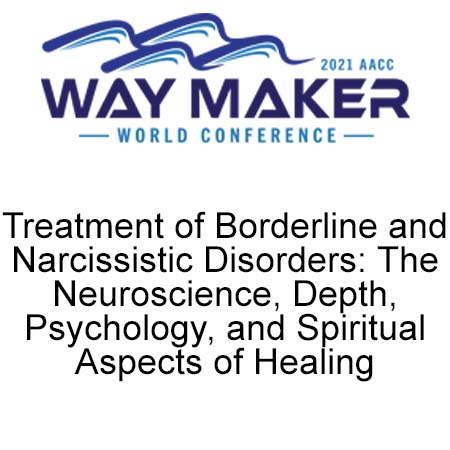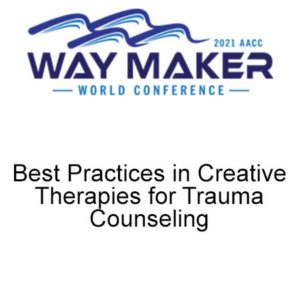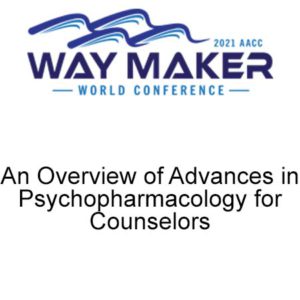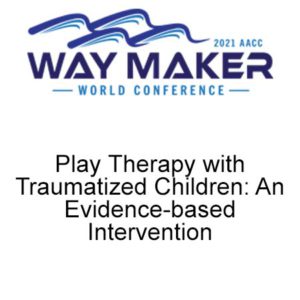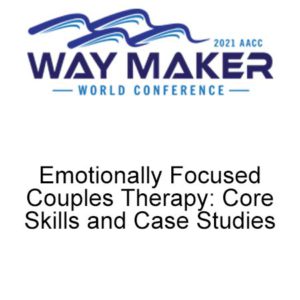Description
027: Treatment of Borderline and Narcissistic Disorders: The Neuroscience, Depth, Psychology, and Spiritual Aspects of Healing
John Townsend, Ph.D.
Townsend Institute for Leadership and Counseling
260 Newport Center Dr., Ste. 100
Newport Beach, CA 92660
Scott Makin, M.A.
Townsend Institute for Leadership and Counseling
260 Newport Center Dr., Ste. 100
Newport Beach, CA 92660
Summary
Trauma and its treatment are very complex and often overwhelming to therapists. Participants will learn an innovative and readily understandable approach that incorporates the latest research in interpersonal neurobiology, affective neuroscience, attachment therapy, polyvagal theory, infant research, affect regulation theory, mentalization, memory reconsolidation theory, and experiential dynamic psychotherapy. This interdisciplinary approach focuses on identifying the characterological (i.e., personality structure, developmental tasks) deficits created by the trauma (driving the symptoms) and uses experientially-based counseling skills that create a new characterological structure. These skills facilitate “mismatching experiences” (i.e., corrective emotional experiences) and a co-created, secure attachment with the client, which is the sine qua non for exploration, growth, and healing. Combined with the person of the therapist (which research affirms is more powerful than any technique), the therapeutic relationship provides new and reparative experiences that are a disconfirmation or a novel, salient variation of implicit core emotional learnings that are hurtful and maladaptive. Neurologically, these new experiences unlock and delete the dysfunctional emotional learnings at the synaptic level and build new neural pathways for characterological structure, leading to a decrease in symptoms. This is transformative, enduring change that goes beyond just helping the client cope through counteracting strategies. Participants will see these skills modeled and have an opportunity to practice one or two of these proficiencies.
Learning Objectives
Participants will:
• Articulate an understanding of the characterological dimension for trauma treatment, including the four core capacities of character structure: attachment, separation, integration, and adulthood
• Identify approaches for assessing the conditions of the counseling environment that the psychologist or licensed mental health professional can influence to impact the remittance of inhibiting neurological underpinnings of clients who are experiencing mental health issues resulting from trauma
• Exhibit an operational understanding of the processes for identifying and using specific counseling techniques to impact the spiritual dimension of mental health conditions that have resulted from trauma

